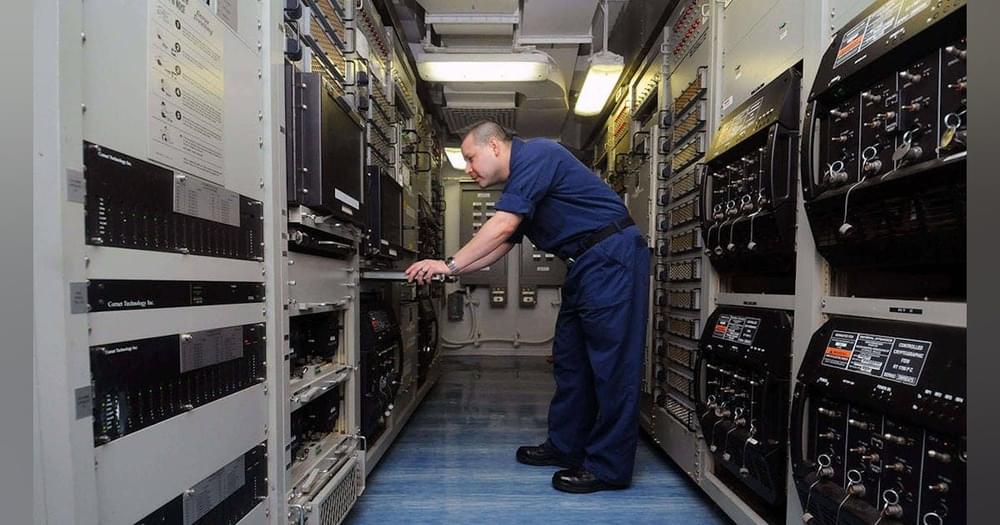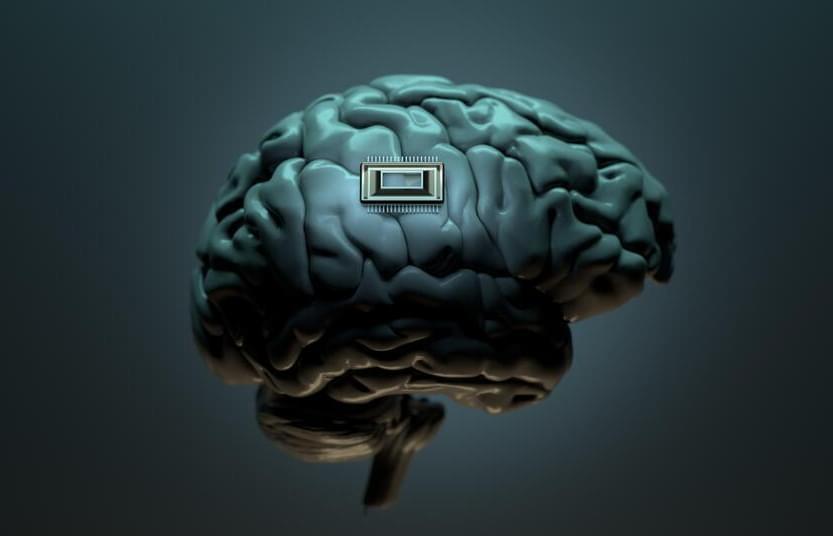The problem of intelligence — its nature, how it is produced by the brain and how it could be replicated in machines — is a deep and fundamental problem that cuts across multiple scientific disciplines. Philosophers have studied intelligence for centuries, but it is only in the last several decades that developments in science and engineering have made questions such as these approachable: How does the mind process sensory information to produce intelligent behavior, and how can we design intelligent computer algorithms that behave similarly? What is the structure and form of human knowledge — how is it stored, represented, and organized? How do human minds arise through processes of evolution, development, and learning? How are the domains of language, perception, social cognition, planning, and motor control combined and integrated? Are there common principles of learning, prediction, decision, or planning that span across these domains?
This course explores these questions with an approach that integrates cognitive science, which studies the mind; neuroscience, which studies the brain; and computer science and artificial intelligence, which study the computations needed to develop intelligent machines. Faculty and postdoctoral associates affiliated with the Center for Brains, Minds and Machines discuss current research on these questions.
















